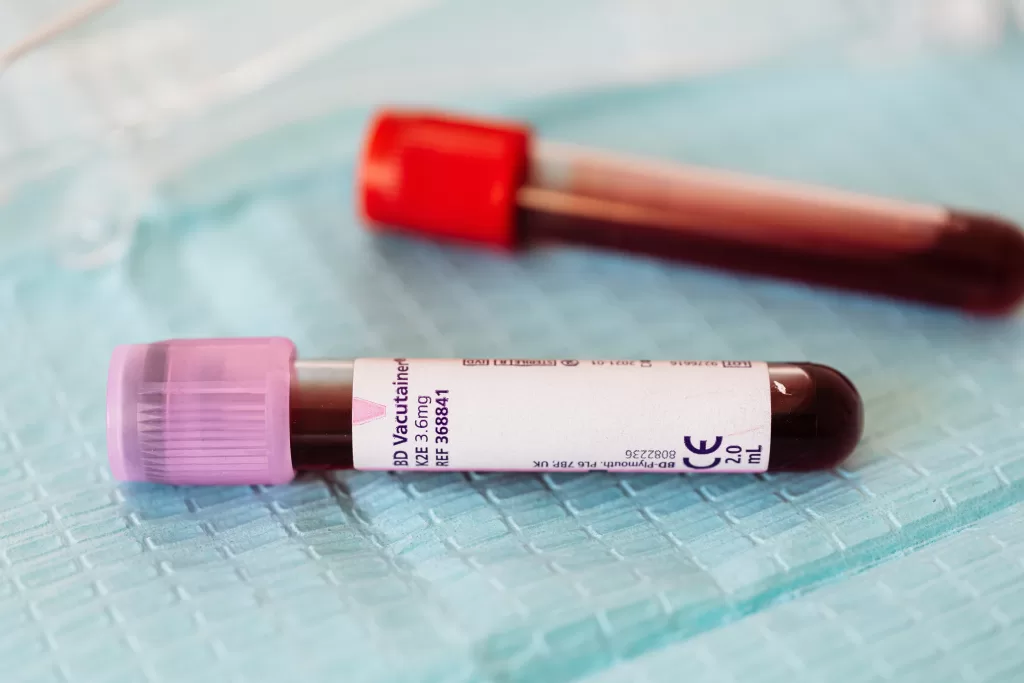Fertility Testing: A Comprehensive Guide

Fertility testing is a crucial step for individuals and couples struggling with infertility, helping to identify underlying causes and guide effective treatment. This comprehensive guide covers the various fertility tests available for both men and women. For women, tests include ovulation monitoring, hormone assessments, ultrasounds, and procedures like hysterosalpingography (HSG) and sonohysterography (SHG). Men undergo semen analysis, hormone tests, and genetic evaluations, among others. Understanding these tests and what to expect can significantly enhance the journey toward diagnosing and addressing fertility issues. Explore our detailed overview to learn how these tests can help achieve your family planning goals.
Treatment Options for Infertility

Infertility affects millions of couples worldwide and can be a significant source of stress. Defined as the inability to conceive after one year of unprotected intercourse, infertility can stem from various factors, including ovulation disorders, blocked fallopian tubes, low sperm count, and more. Fortunately, there are numerous treatment options available. This article explores a range of solutions, from lifestyle changes and medications to advanced procedures like IVF and ICSI. Discover how making adjustments to diet and stress management, alongside medical and surgical treatments, can improve fertility and help couples achieve their dream of parenthood.
Surrogacy in the US versus International Surrogacy

Surrogacy is a complex method of assisted reproduction where a surrogate mother carries and delivers a child for another person or couple. The approach to surrogacy varies significantly between the United States and international destinations. In the US, surrogacy laws are state-specific, with some states offering supportive legal frameworks and others imposing restrictions. Costs are high, often exceeding $100,000, but the process is well-regulated with strong ethical standards. Internationally, surrogacy laws and costs vary greatly; countries like Ukraine and Georgia offer lower-cost options with favorable legal conditions, while others have tighter regulations or bans. This article explores the legal, ethical, and financial differences between surrogacy in the US and abroad, providing valuable insights for intended parents navigating this intricate process.




